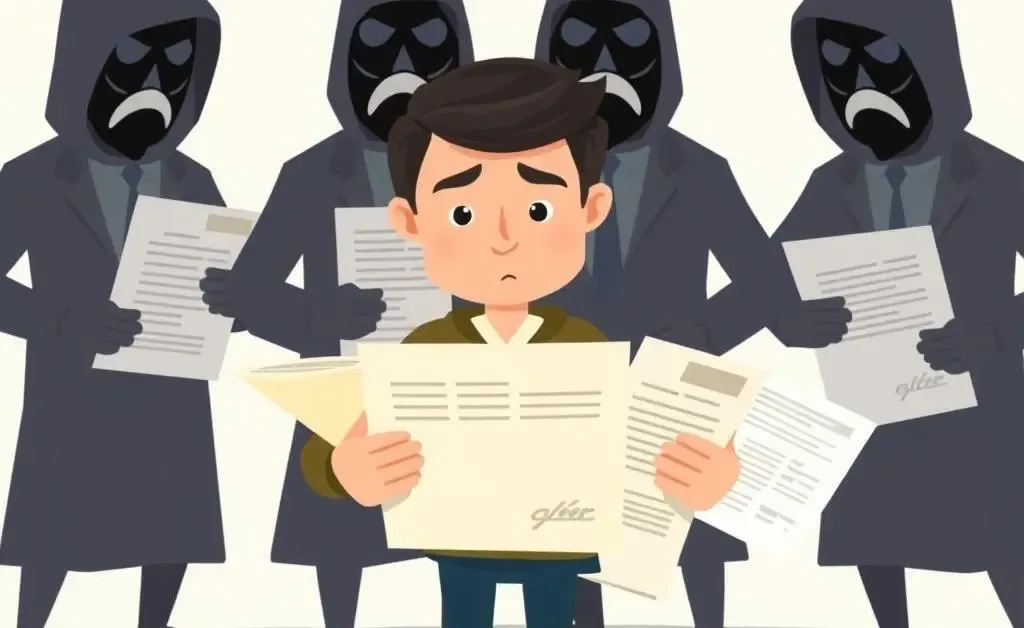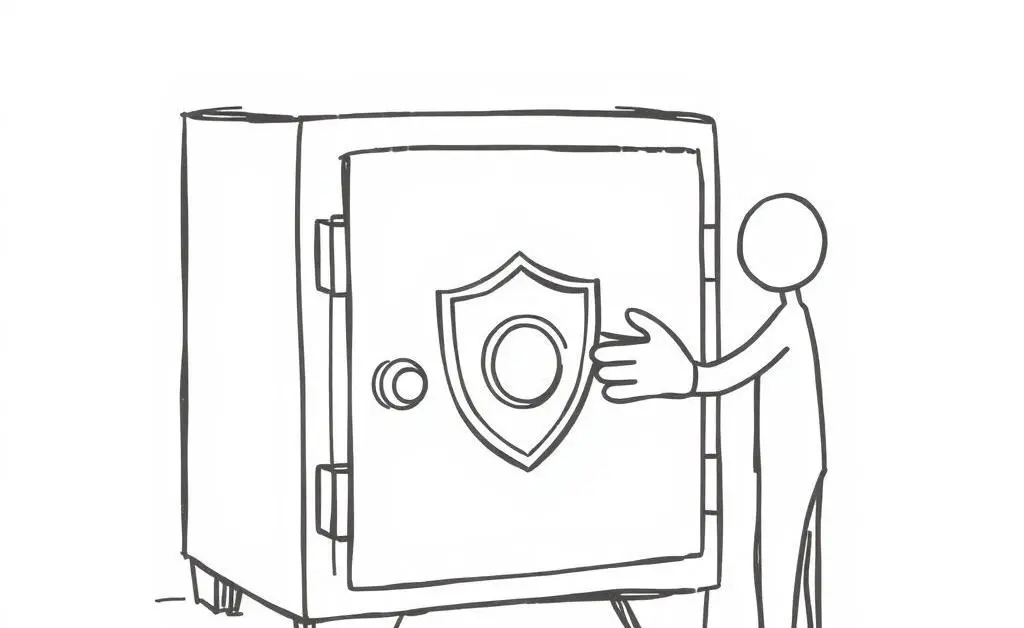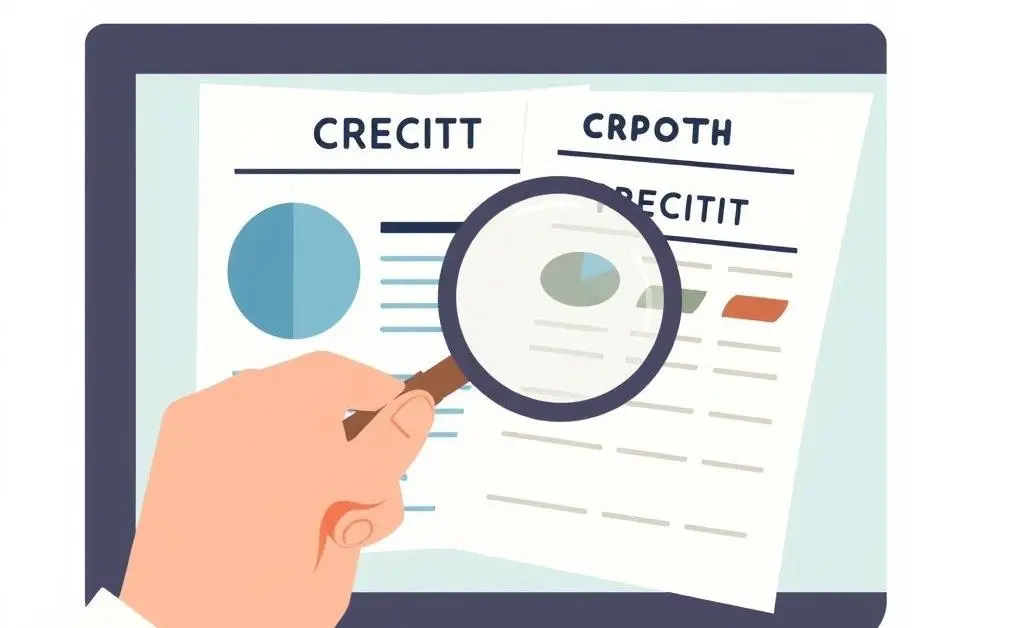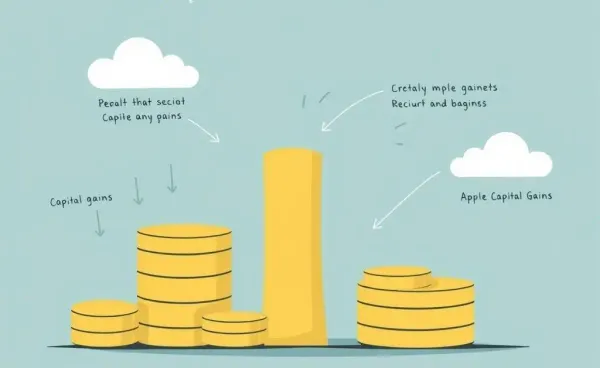Guarding Your Privacy: How to Protect Your Credit Information
Learn how to protect your credit information from being misused.

Guarding Your Privacy: How to Protect Your Credit Information
Have you ever wondered what really happens to your credit information once you‘ve shared it? The truth is, your data might be traveling further than you think. Let's dive into practical ways you can safeguard this information.
Why Protecting Your Credit Information Matters
Credit agencies and various service providers collect a myriad of personal information for different legitimate purposes. However, this data can sometimes end up in the hands of third parties without your explicit consent, which can lead to privacy invasions or, worse, identity theft. You've got to protect yourself like a super-sleuth to keep your data where it belongs—safe and sound.

Key Ways to Shield Your Information
1. Stay Vigilant with Your Credit Reports
Monitoring your credit report regularly can alert you to any unauthorized activities. You can request free credit reports from major credit bureaus annually. Consistently checking these reports will help you spot discrepancies early and take corrective actions proactively.

2. Use Two-Factor Authentication
Most online platforms now offer two-factor authentication (2FA) as an additional security layer. Enable 2FA on any service holding your financial data, ensuring that even if someone gets hold of your password, they won’t easily access your accounts. It's like having a bouncer at your digital door.
3. Freeze Your Credit
If you're worried about unauthorized access, consider freezing your credit. While it might seem drastic, a credit freeze can prevent criminals from opening new accounts in your name. You can always lift the freeze temporarily when applying for credit yourself.
Digital Hygiene: Steps to Take Now
Keeping your personal data secure starts with good digital hygiene:
- Use strong, unique passwords for different accounts.
- Regularly update software and security patches.
- Be cautious about clicking on links from unknown sources.

Making Privacy a Priority
Ultimately, protecting your personal information is about being proactive. By taking these steps, you decrease the risk of dealing with the aftermath of a data breach. So, are you ready to put a lock on your digital doors? What other methods have you found useful in keeping your information secure?




